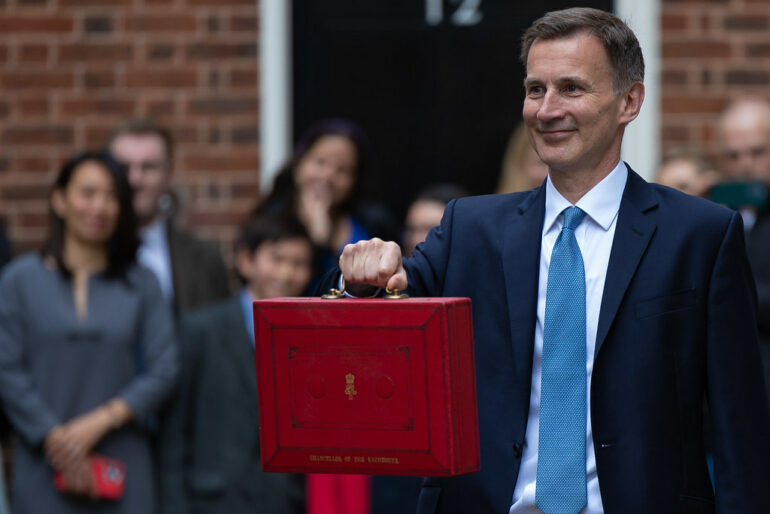As the Spring Budget approaches, there is a growing call for Chancellor Jeremy Hunt to address the VAT disparity affecting property renovations compared to new builds. Carol Peett, managing director of West Wales Property Finders, advocates for a change, suggesting renovations should be taxed at the same 5% VAT rate as properties empty for over two years, rather than the current 20%.
Peett points out: “The current housing shortage could be helped by encouraging people to extend their living space,” highlighting how reducing VAT could facilitate home extensions and conversions, beneficial for both the housing market and family care solutions.
The discrepancy in VAT has broader implications, from stagnating the property market due to high renovation costs to discouraging downsizing among the older generation. Peett elaborates on the detrimental effects in Wales, where Land Transaction Tax exacerbates the issue, creating a significant bottleneck in the property market.
Highlighting the social care aspect, Peett notes: “Many families are keen to look after their elderly relatives, but are unable to afford the VAT trap created when they want to build a granny annex.” A VAT reduction could also accelerate the renovation of empty properties, reducing the need for new constructions and providing more work for the building trade.
Peett shares a personal anecdote to underline the issue: “When we inherited our beautiful traditional Pembrokeshire long house from my parents it was in dire need of a complete overhaul. However, we were advised that it would be far cheaper to knock the house down and start again, which would have been complete sacrilege for such a beautiful building.” This statement captures the dilemma many face, choosing between preserving heritage and financial viability.
The call for VAT reform in the Spring Budget is a plea for more equitable tax treatment that could stimulate the housing market, support families in providing care, and preserve the UK’s architectural heritage.



